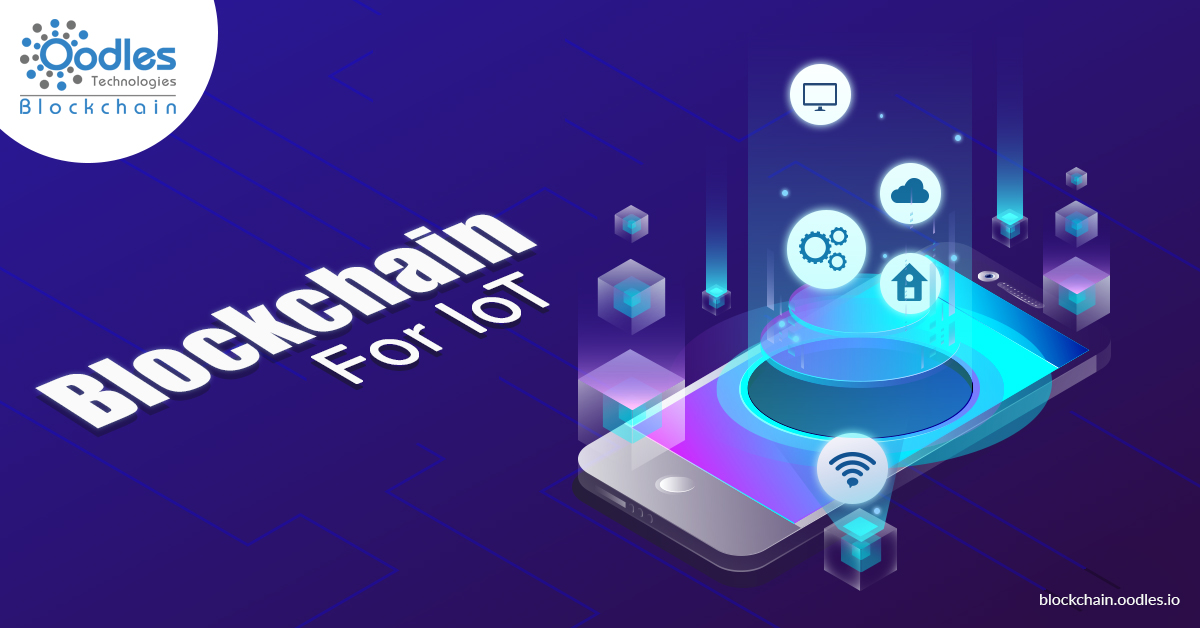One idea that has become the most ambitious in recent times is using IoT in Blockchain (blockchain technology for the Internet of Things). It will not only allow not just people and businesses to execute transactions but would also amalgamate machines into the network to form an excellent transaction mechanism.
The Internet of Things
The Internet of Things (IoT) refers to the interconnections of various types of devices, homes, cars, etc. Chips are embedded in IoT devices to empower them to create communication through a network and exchange information with each other.
The idea of mixing these two technological advancements- Blockchain and IoT- took birth a few years ago. However, the business implication of a network would be massive. Self-driving cars might be able to communicate with each other to dodge the busy highway, or a refrigerator would be able to detect when you are out of supply of say- milk and directly communicate with the local grocer to drop off a carton.
Current Challenges For IoT in Blockchain
These ideas sound great, but the issue that's raging in the industry is how to turn this vision into reality.
Such integration would require connections between software and hardware components that aren't mature enough yet. Additionally, these components would require to be linked to security processes and cryptography to make merging successful.
IoT is a massive domain and thus, it's difficult to determine where to start. At the one end of the spectrum, there are high computational power complex devices that are hard to integrate with a decentralized network and then, there's the other end of the spectrum, where less complex devices with high computational power can be integrated with Blockchain without much hassle.
In recent times, the debate is about the level of complexity of the Internet of Things devices and how to use them to successfully integrate them with Blockchain. Helium is an enterprise that's developing wide-range wireless protocols on a blockchain with an aim to connect to edge IoT devices, adding complexity to IoT devices is a significant obstacle to building things. Our expert blockchain developers think that the complexity should not be in the IoT devices but in the Blockchain to ensure cost and power efficiencies.
However, not everyone is on the same page. Hewlett Packard Enterprise (HPE thinks that data is mainly produced at the edge of the IoT and thus, they shouldn't be 'dumb." In fact, they state that the computational power of these IoT devices should be increased to make them more intelligent so that they can effectively communicate with the blockchain network.
IoT in Blockchain: Conclusion:
Eventually, the debate on how to make use of these two technological (IoT in Blockchain) trends still rages and blockchain development companies like us are looking forward to finding clear solutions to it.















